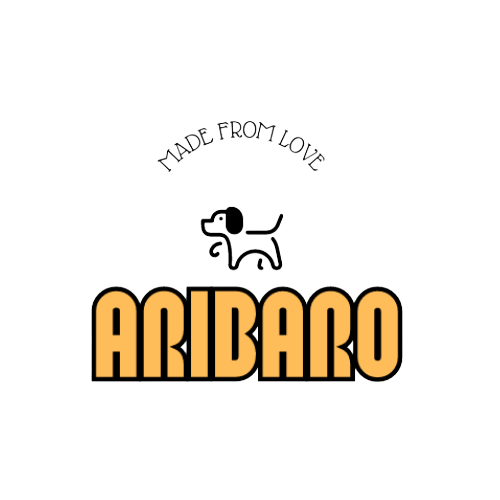Why consume organ meats?
Share
Most people today know that fish oils are good for your pet; but what about other animal tissues, such as liver, brain, and kidney? Organ meats are known to be nutritious and packed with vital nutrients. High quality protein and fat, they are ultimately the best sources of the vitamins A, B, D, E as well as iron, phosphorus, selenium, and zinc.
Since pet food manufacturers stopped adding organ meats to their dog and cat food, many pets suffer from nutritional deficiencies. A healthy diet should address a pet’s individual needs, but we’re here to help you sort through the information overload. PETA states “the ingredients used in pet food are sourced from the by-products of the human food industry.” Scientists and experts agree that the nutrients in organ meats provide many benefits to our dogs.
They are known to be an excellent source of vitamins, protein and fat. Organ meat is the best source of Vitamin B12, which is responsible for the production of red blood cells.Pets should cultivate their internal organs as much as humans do. They need specific nutrients that can only be found in organ meats, such as kidneys and liver. However, not many pet owners are willing to feed their pet these organs because of the unpleasant taste and smell. Dogs and cats have a natural tendency to love the taste of meat and dairy products, so nutritionists have developed an extract that enhances the taste of these foods with the benefits of organ meats for pets.
Even though not included in their diet, it is still a common recommendation to feed some organ based meats to dogs that are old or sick, but what about healthy pets? Well, this might be a new way to look at the food you give your dog. If you decide to feed organ meats, your pet will be getting a lot of nutrition such as necessary vitamins and minerals such as iron, phosphorus and selenium in addition to protein and fat. This will eventually help them develop a stronger immune system.
Veterinarian Marion Nestle, M.D., Ph.D., M.P.H., New York Times bestselling author of Pet Food Politics and What to Feed Your Dog, says that "beef organs are in [pet food] ingredients statements, but dogs and cats should eat them, too." Nestle is a renowned expert in human and animal nutrition, public health issues and public policy. The pet food industry name-drops her as an authority on pet food safety, but fails to mention her aggressive stance on the importance of feeding organ meats to pets.
The nutritional value of organ meats is the reason why Aribaro Pet Company is committed to acquiring only the finest quality organ meats, those with easily digested proteins and rich fatty tissues. Our product line-up brings to light the protein-rich benefits of this vital part of an animal's anatomy.
Aribaro Pet Company Freeze-Dried Rabbit Meat Patty (2-Pack) contains 80% Rabbit Organs, 10% Rabbit Bones, 10% Rabbit Heart, Lungs, and Brain. Being one of the most favorable treats in the United States, many pets who suffer from allergies usually consume rabbit meat to get the nutrients they need.

Many pet owners do not realize the benefits of rabbit meat consumption for their pets. The average pet only eats 20% of their recommended daily servings of internal organs.


Over an extended period of time, this can cause digestive problems, thyroid issues and even more serious medical conditions if proper care isn't taken. Evolutionarily, cats and dogs are carnivores, like lions and wolves. They're not meant to eat mostly grains, wrapped in phytoestrogens and chemically treated fillers.
Dry pet foods typically have a carb-starch-fat ratio of over 60:6:34, rather than the traditional 50:10:40 of the healthy prey animals they naturally eat. Cats and dogs weren't made to eat grains; if they did, they wouldn't have been eating them before humans domesticated them 10,000 years ago. If it does not align with your current feeding practices, ask your veterinarian about organs being an essential part of a natural diet for cats and dogs.
